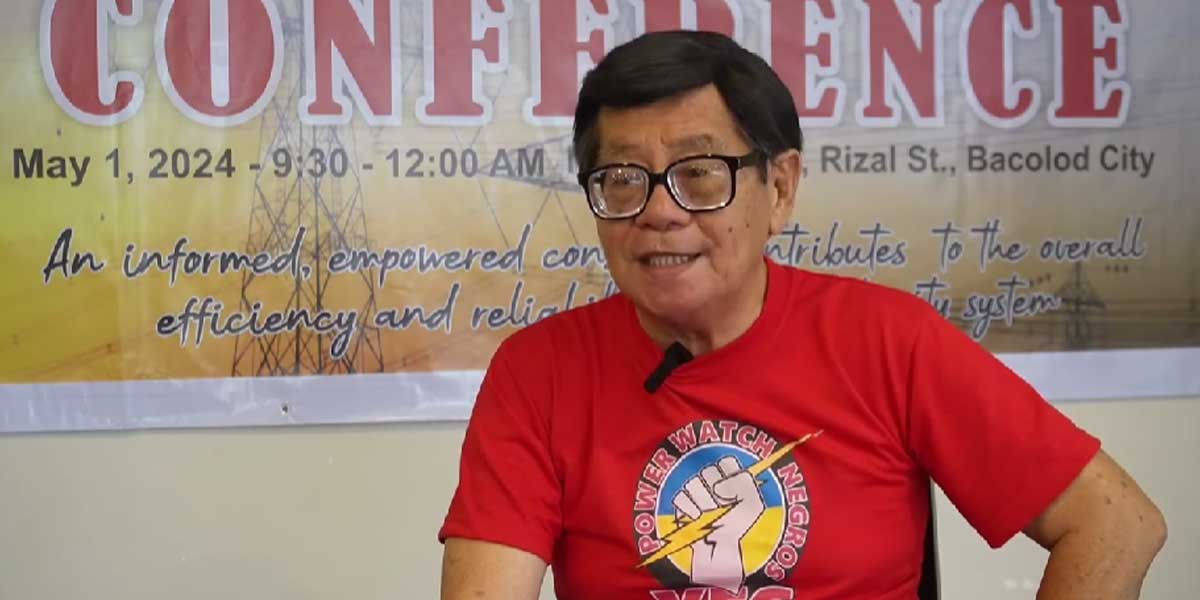By Herbert Vego
MY godson Carlito was ready to marry his fiancée in March 2020. In fact, the couple had asked me to be one of their wedding sponsors.
Unfortunately, both lost their jobs in the wake of the coronavirus pandemic. In their mid-20s, they have to indefinitely postpone the wedding until they could get re-employed.
The last time he came to me for advice, I simply agreed with their decision to defer living a “double life” and learn a lesson from my own unenviable love story, which I had already shared to him and his girlfriend.
I was only 22 years old in 1972 and in my second year as a journalist in Manila when I brought home a student wife. Unfortunately, that drove me in reverse gear: I had to withdraw what little money I had saved for my future to keep my wife and baby boy fed, clothed and sheltered. She had to quit school.
Her being jobless forced us to spend more than I was earning. It became necessary for us to beget only one child. That shaky marital union endured 11 years before ending in separation.
Logic dictates that an underemployed worker should abhor marriage; he has not yet laid the foundation for a stable future. Our young people who go through this mistake realize that haste leads to the three “rings” – from engagement ring to wedding ring to “suffering.”
Of course, post-teenage marriage is not wrong when viewed against its moral perspective. It is a “given” that the sexual urge of a normal man is strongest in his 20s. Because of our puritan upbringing prohibiting premarital sex, the young lovers must marry, lest they “sin.”
Speaking from experience, I now believe that premature marriage is more “sinful” than premarital sex. Early marriage exerts so much financial pressure that the once rosy plans for the future simply wither. The birth of the first baby alone could prevent the young father from pursuing a post-graduate course and force him to prematurely join the rat race.
No wonder there are used-to-be-good guys who get enmeshed in risky criminal activities, as in illegal drug dealing. They justify the act as “the only way” to support a growing family. Thus, the vicious cycle goes on and on from one generation to the next.
The so-called “sanctity” of marriage should be de-emphasized. While marriage itself is socially desirable, it should not be advertised as the only acceptable path to sex. The myopic moral argument should be stretched long-range.
As an institution that benefits from its flock’s early marriages, the Church — which naturally earns fees from the newly-wed couples and donations from wedding sponsors – has the moral responsibility to counsel couples-to-be about responsible parenthood. Unfortunately, the Church has not been successful in this aspect. She has not expressed alarm over our overpopulation problem. Some 110 million Filipinos now congest our small country.
Therefore, we see no reason why the Church opposes early sex education. In today’s permissive society, it’s a must for every young woman to learn basic family planning. Far worse than premarital sex is premarital pregnancy which could lead to premature marriage, hence perpetuating the poverty problem.
A piece of paper called “marriage contract” has never been a guaranteed passport to wedded bliss. Everybody knows people who fall in love, only to fall out when already married. I am one of them.
However, there is really no use crying over spilled milk. As for me, there are still blessings to count, one of them being my only son who has opted to remain single at age 48, but “married” to his nursing job in New York City.
He recently called to promise me a Christmas gift.






















